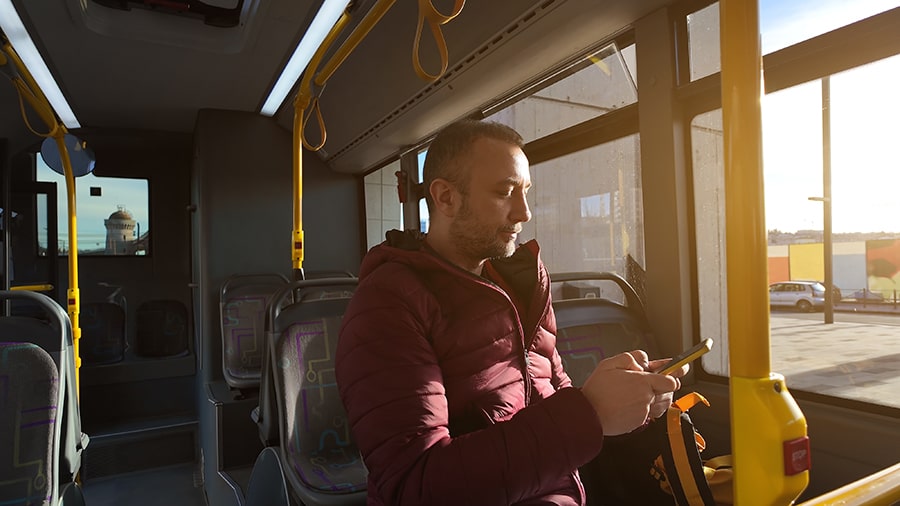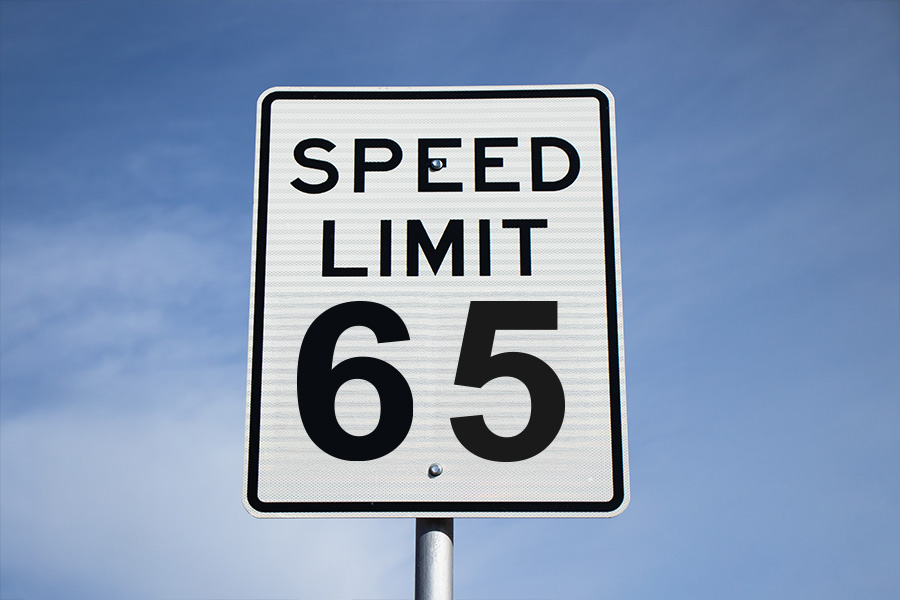
An arrest catches most people off guard. Whether the situation involves a traffic stop, an argument that escalated, or an ongoing investigation, the moments after you’re detained can feel confusing and stressful. Virginia’s criminal process has several steps, each with deadlines and requirements that can affect the outcome of your case. A clear sense of the process helps you avoid mistakes and protect your rights as your case moves forward.
Stay Calm and Cooperate
An arrest is not the time to argue or resist. Even minor resistance can lead to extra charges, and those charges often complicate the case more than the original accusation. Cooperating physically does not mean you must answer questions. It only means you avoid actions that could be seen as threatening or obstructive.
If officers ask to search your home or vehicle, you have the right to refuse unless they have a warrant. A clear, polite refusal preserves your ability to challenge the search later.
Assert Your Right to Remain Silent
Once officers begin asking questions, they are gathering evidence. Anything you say can become part of the case, even if you believe the information is harmless. A simple statement such as “I want to speak with a lawyer” is enough to stop questioning. Use it early. It protects you from assumptions, misstatements, and pressure to explain details before you understand the full situation.
Ask for a Criminal Defense Attorney Immediately
A criminal defense attorney can step in as soon as you request one. Early representation matters and prevents you from being questioned without guidance. It also allows your lawyer to address problems right away. If your case involves driving-related charges, such as DUI or reckless driving, contacting a DUI lawyer or reckless driving lawyer quickly helps preserve evidence and protect your license.
Stanton Law represents clients facing criminal and traffic charges throughout Virginia. Strong representation begins well before the first court date, and the sooner you reach out, the more options your lawyer has to help you.
Booking and Processing
After an arrest, officers will take you to the local jail for booking. This step includes fingerprinting, collecting basic information, and securing personal items until release. While this happens, the officer prepares a report and presents the situation to a magistrate. If the magistrate finds probable cause, the case moves forward, and a bond hearing is scheduled.
Every case is different, so processing time varies. Some individuals are released within hours, while others may remain detained overnight depending on the magistrate’s availability and the complexity of the case.
Bond Hearing and Release
A bond hearing determines whether you can be released before your arraignment. The magistrate may set a secured bond, an unsecured bond, or decide to hold you without bond in certain cases. If a bond is required, paying it allows you to prepare for your case outside of custody. If you cannot pay it, your lawyer can request a lower amount or argue for release based on your history, employment, or community ties.
Do Not Discuss Your Case With Anyone Else
Conversations with friends, family, coworkers, or cellmates are not protected. Those statements are not covered under the attorney-client privilege and can be repeated and used against you. Avoid posting anything online, even vague comments, until your case is resolved. The only person you should discuss your situation with is your attorney.
Appear at Every Scheduled Court Date
Missing a court date results in a new warrant and additional problems. A failure to appear often leads to arrest and makes bond more difficult to secure the next time. Mark your dates clearly, arrange transportation, and talk with your lawyer immediately if an emergency arises.
Arraignment and the Next Steps
Your arraignment takes place in the General District Court. During this hearing, the judge tells you the formal charges and asks how you plead. Your lawyer will guide you on the implications of each plea and help you understand what to expect next.
Misdemeanor cases often remain in the General District Court for trial. Felony cases typically move to a preliminary hearing, and if the charge is certified, the case proceeds to Circuit Court. Throughout this process, your lawyer evaluates the evidence, investigates the facts, and builds a defense strategy tailored to your situation.
Contact a Virginia Criminal Defense Lawyer
An arrest can disrupt your job, your family life, and your peace of mind. You don’t need to navigate the court system alone. Stanton Law works with clients across Virginia and provides straightforward guidance on criminal and traffic defense. If you’ve been arrested and need a criminal defense lawyer you can rely on, contact our office to schedule a free consultation or call (804) 929-8280 and let us protect your future.















